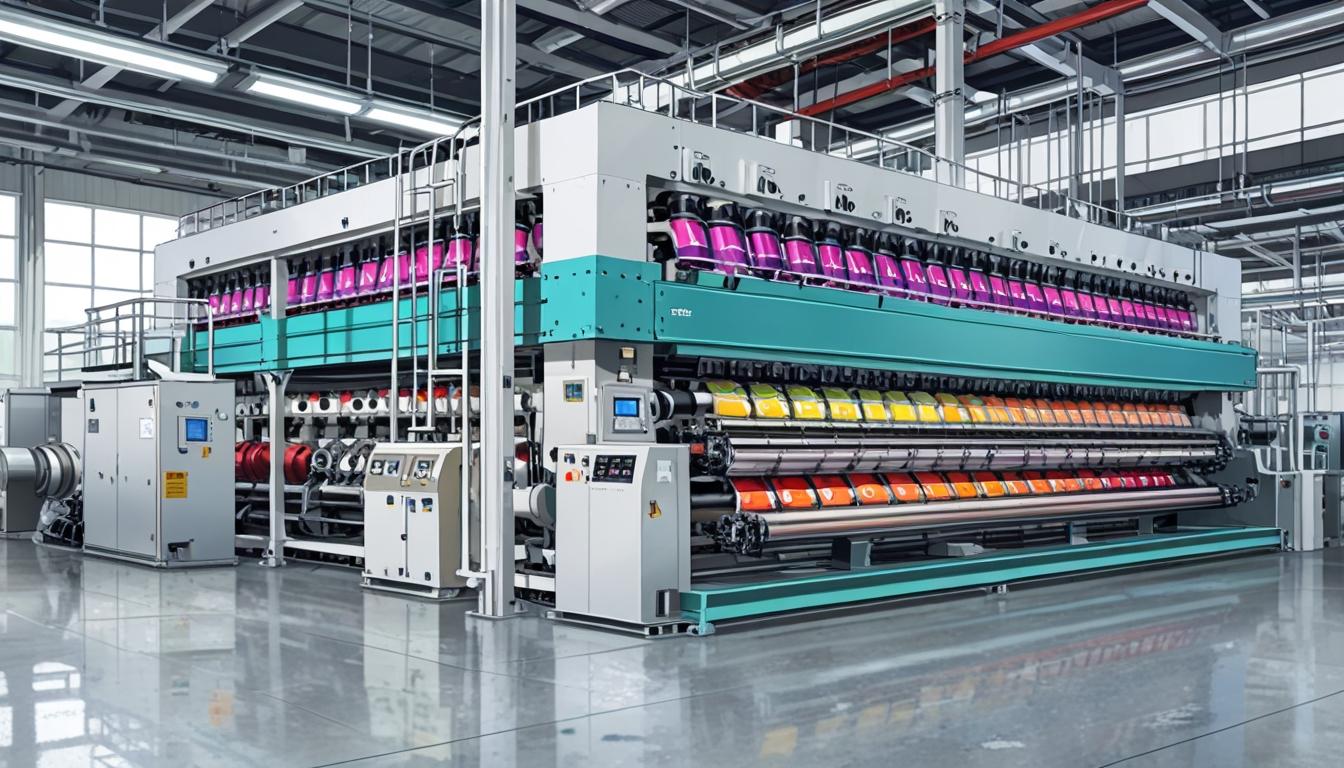Coimbra: The University of Coimbra has been awarded €1.4 million by the Calouste Gulbenkian Foundation to develop patented technology for sustainable fabric dyeing, aiming to significantly reduce water and energy consumption and enhance dye reuse in the textile sector by 2030.
The University of Coimbra (UC) has secured €1.4 million in funding from the Calouste Gulbenkian Foundation to develop innovative equipment aimed at more sustainable fabric dyeing practices, with a focus on reducing water and energy consumption in the textile industry. The announcement was made during a project presentation, where Jorge Pereira, the project coordinator, elaborated on the technological advancements the funding will support.
Pereira confirmed that the technology in question is already patented, and the next step is to develop equipment that can be tested in collaboration with textile industries. The future apparatus is designed to handle the effluents generated during the dyeing process, which retain a significant organic load of dyes. By concentrating these dyes, the equipment aims to enable their reuse in the dyeing of additional garments.
The project, titled “University of Coimbra – Circular Technologies for Textile Dyeing,” highlights the necessity of advancing sustainability within the textile sector, targeting a reuse rate of 70-90% for dyes and a considerable reduction in both water and energy usage. Pereira stated, “It is a technology that seeks to change the paradigm of the textile industry, which should reach 145 million tons produced by 2030,” emphasising the current lack of circularity in production practices.
Furthermore, Pereira noted, “in this process, the water will have less organic load and will be more easily treated and reintroduced into the dyeing process.” Economic viability is also a consideration, with conservative estimates anticipating a cost reduction of approximately 50% for the textile industry.
The textile sector is a major contributor to environmental issues, currently responsible for 20% of potable water pollution. The new technology aims to not only cut treatment costs by half but also return 60-70% of the water used back into the dyeing processes.
The project’s development timeline extends until December 2027, with plans to conduct preliminary technology testing in mid-2027, partnering with national entities to assist in creating prototypes. Luís Silva, coordinator of UC Business, indicated that the intention is to establish an academic spin-off company emanating from the project.
Amílcar Falcão, the rector of UC, expressed optimism regarding the initiative, suggesting that tangible results may emerge within two years. He stated, “a visible result from the project, which will be a great satisfaction because sustainability is something very relevant that cannot remain just words and must be translated into actions.”
In support of the venture, the executive director of the Calouste Gulbenkian Foundation remarked on the significance of the initiative. “The DyeLoop is one of the first three large-scale projects that we decided to fund. We are very pleased to support a project with demonstrated technology that is ready to be scaled,” she noted. António Cruz Serra, affiliated with the foundation, further clarified that this year’s funding strategy focused on projects outside the realms of science and health and outside Lisbon, particularly those at an advanced stage of technological demonstration.
Source: Noah Wire Services




